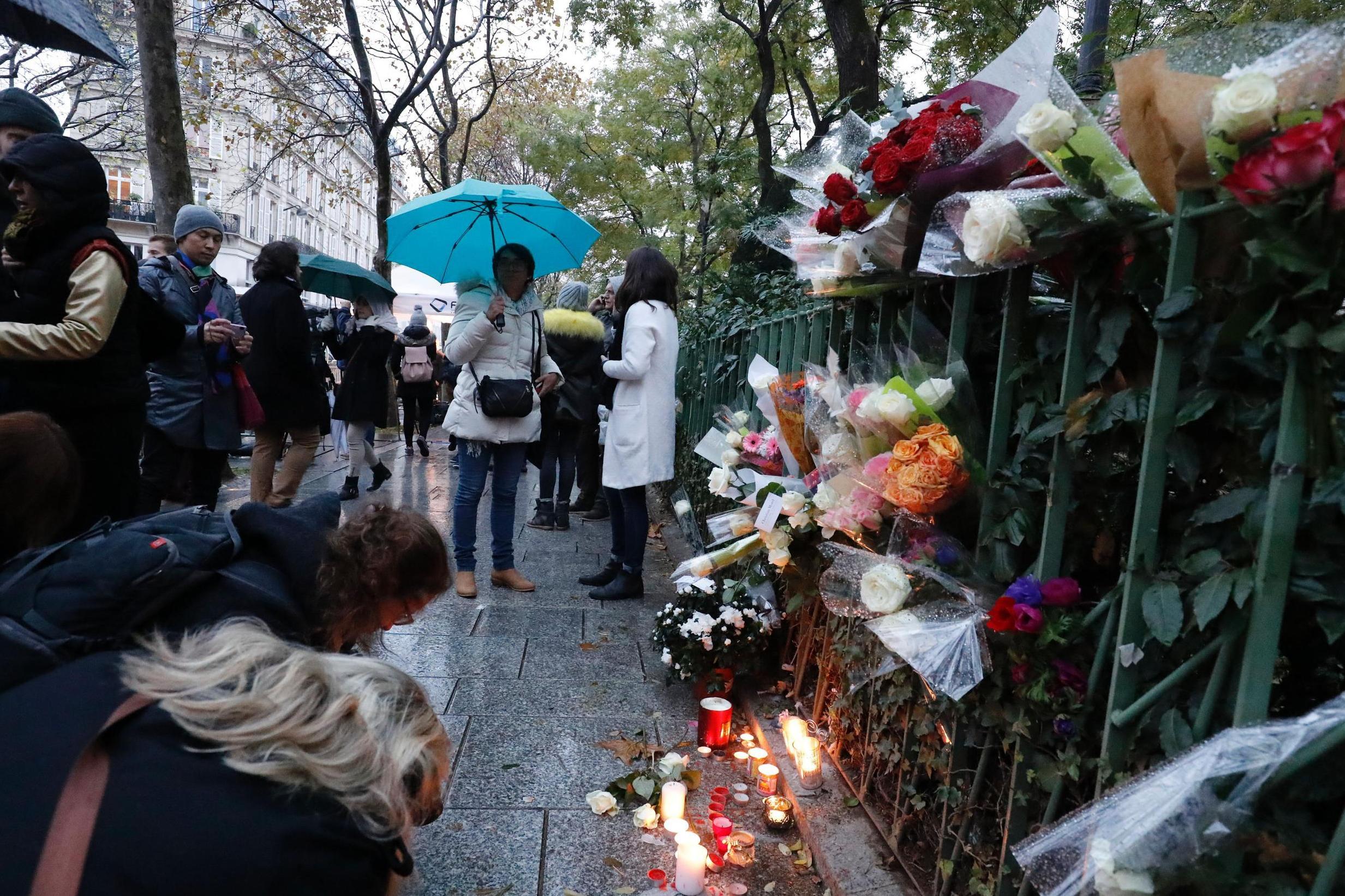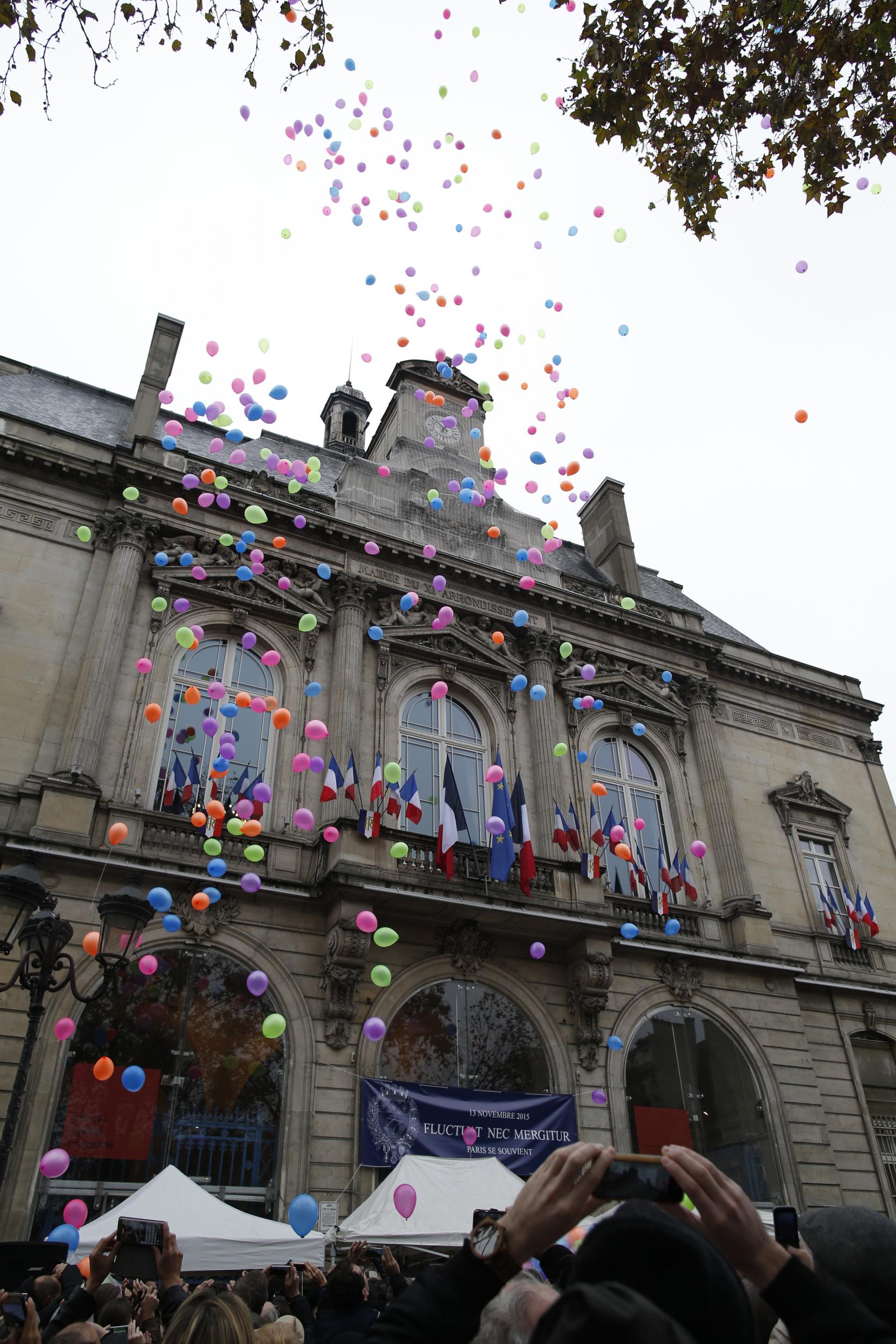France to extend state of emergency, says Prime Minister Manuel Valls
The measure will be taken to 'protect democracy' in the run-up to next year's presidential elections

Your support helps us to tell the story
From reproductive rights to climate change to Big Tech, The Independent is on the ground when the story is developing. Whether it's investigating the financials of Elon Musk's pro-Trump PAC or producing our latest documentary, 'The A Word', which shines a light on the American women fighting for reproductive rights, we know how important it is to parse out the facts from the messaging.
At such a critical moment in US history, we need reporters on the ground. Your donation allows us to keep sending journalists to speak to both sides of the story.
The Independent is trusted by Americans across the entire political spectrum. And unlike many other quality news outlets, we choose not to lock Americans out of our reporting and analysis with paywalls. We believe quality journalism should be available to everyone, paid for by those who can afford it.
Your support makes all the difference.France is likely to extend the state of emergency implemented following last year’s terror attacks in Paris.
Prime Minister Manuel Valls said an extension was necessary to “protect our democracy” in the run-up to next year’s presidential elections.
Speaking on the anniversary of the jihadist attacks that left 130 people dead in the French capital, Mr Valls said the risk of similar attacks seemed to have diminished but he remained “very cautious”.
"It is difficult today to end the state of emergency. Especially since we are going to begin a presidential campaign in a few weeks with meetings, with public gatherings. So we must also protect our democracy," Mr Valls told the BBC's Hardtalk programme.
"Besides, this state of emergency device allows us to make arrests, administrative checks which are effective. So yes, we are probably going to live a few months more with this state of emergency."

France first imposed a state of emergency on the night of the Paris attacks on 13th November 2015.
The measure was imposed temporarily but was extended on multiple occasions, including in July after a lorry driver targeted a crowd of people in Nice celebrating Bastille Day, killing 84.
President François Hollande led the remembrance services in Paris, with Mayor Anne Hidalgo, by unveiling a series of commemorative plaques at the sites targeted in the attacks.
The tributes began at the Stade de France and ended at the Bataclan concert hall, which reopened on Saturday with a memorial concert headed by Sting.
Balloons were released outside the concert hall, the scene of the deadliest attack where 90 people died.
Join our commenting forum
Join thought-provoking conversations, follow other Independent readers and see their replies
Comments